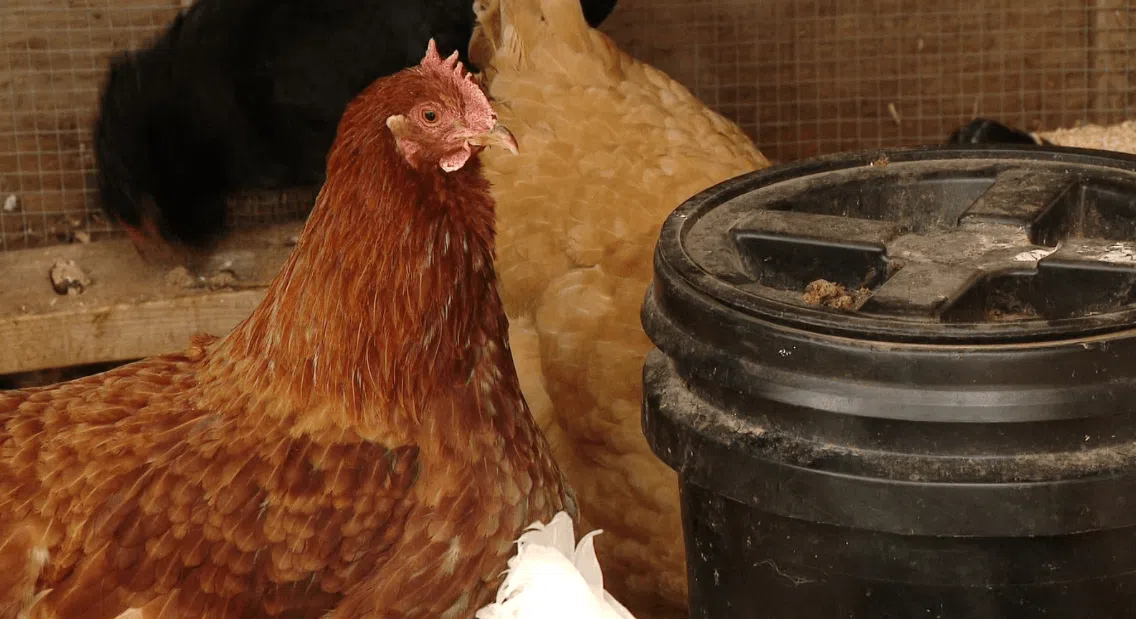
Egg prices in the U.S. are high, averaging over $7 for a dozen. This has many consumers looking for a cheaper way to get their eggs. Are getting backyard chickens the answer? PC: Fox 11 Online
NEW DENMARK, WI (WTAQ-WLUK) — Egg prices in the U.S. are high, averaging over $7 for a dozen. This has many consumers looking for a cheaper way to get their eggs.
For one northeast Wisconsin woman, that means keeping her own chickens, but is it really a cheaper alternative? If you’re thinking about raising your own chickens, it may not be all that it’s cracked up to be.
Melissa Trepanier has 10 hens and a couple of roosters in her backyard chicken coop. She’s been raising them as pets for about 14 years and gets eggs as a perk.
“It was never our main goal, but it was always a bonus,” Trepanier said.
She said it’s a plus knowing where her eggs come from, but depending on the price of eggs, she’s probably not saving much, if anything.
“If you have to buy a coop and then in the winter around here you have to have electricity, you have to have heated water, there’s a lot more that goes into it than just like getting a half a dozen chickens,” Trepanier said.
That doesn’t include the cost to feed the chickens and the work it takes to clean up after them. Trepanier said egg laying also fluctuates. Warmer temperatures typically boost production.
It also depends on the bird.
“The ones that I have are fun breeds. They lay brown eggs, blue eggs and green eggs, so they don’t lay as often,” Trepanier said. “So, some of my birds might only lay maybe two eggs a week.”
Another thing to consider is the restrictions and costs municipalities have on chickens. In Green Bay, there’s a $5 license fee to keep up to four hens. In Appleton, it’s a $70 pre-license inspection fee, and a $24 dollar permit. In Oshkosh, they require a permit at a cost of $15 for up to six chickens.
Wisconsin also mandates free livestock premises registration.
“That’s in effect if you have as few as one chicken in your backyard, you would need to register,” Wisconsin DATCP State Veterinarian Darlene Konkle said. “The purpose is to help us all out in the event of an animal disease outbreak.”
Like avian flu, which is affecting both commercial and backyard flocks. For Trepanier’s flock, she’s not too worried about bird flu since she avoids bringing other birds in and out of her coop. However, if getting eggs is your objective, keeping the chickens safe and healthy is key.
“It’s a little bit more work than just going and collecting eggs,” Trepanier said.









Comments